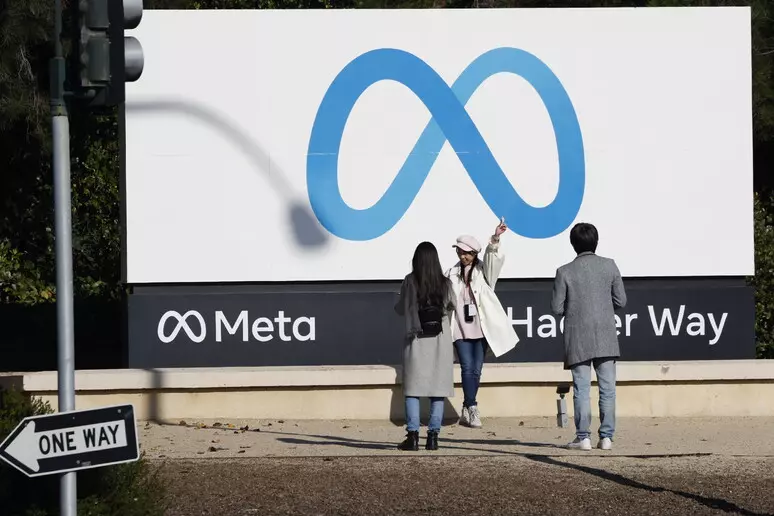Meta has confirmed it has invested approximately $15 billion to acquire a 49% stake in Scale AI, the data infrastructure startup known for powering machine learning models at companies like OpenAI and Meta itself. The deal, announced Thursday evening in a brief statement, also includes the arrival of Scale’s founder and CEO, Alexandr Wang, at Meta, where he will take on a leading role in the company’s next-generation artificial intelligence efforts.
“Meta has finalized our strategic partnership and investment in Scale AI. As part of this, we will deepen the work we do together producing data for AI models and Alexandr Wang will join Meta to work on our superintelligence efforts,” the company said in the statement.
Beneath the formal tone of the announcement, the move is widely seen in Silicon Valley as a calculated acquihire—albeit one of unprecedented scale. “This is a very expensive acquihire of Alexandr Wang,” wrote tech analyst Ben Thompson, reflecting the prevailing view among industry observers: that the investment is ultimately about locking in Wang himself.
Acquihires are not new. Typically, they occur when a startup, often struggling or looking for an exit, is purchased largely for its personnel rather than its product. The company’s services are frequently discontinued after the acquisition, and investors are able to recoup some of their funds while key employees are retained.
But this is not a soft landing. Scale AI is far from a failing company. It had already secured high-profile partnerships with major AI players and was last valued around $13 to $14 billion in 2023. The new investment doubles that valuation to nearly $30 billion—putting Scale among the most valuable AI infrastructure firms in the world.
The deal is the latest in a wave of high-stakes AI acquisitions structured around talent. In 2023, Microsoft paid an estimated $650 million to Inflection in what was officially labeled a licensing deal, but was widely understood as a way to secure the expertise of cofounder Mustafa Suleyman and core team members. Soon after, Google invested $2.7 billion in Character.AI in a similar arrangement focused on its founder, Noam Shazeer.
Zuckerberg’s move doubles down on that playbook, and does so at a scale none of his rivals have yet attempted. The bet: that Wang’s presence will help Meta accelerate the development of “superintelligent” systems within a newly assembled elite research lab.
Some argue this isn’t purely an acquihire. As Reed Albergotti of Semafor pointed out, Scale AI is expected to continue providing data services for Meta. The company’s statement references plans to “deepen the work we do together,” suggesting a broader, ongoing business collaboration.
Still, most sources within the tech world believe the primary motivation is to bring Wang inside Meta—similar to Apple’s $3 billion acquisition of Beats, which was widely seen as more about recruiting Jimmy Iovine than selling headphones.
Wang is a somewhat unusual figure in the AI landscape. According to The Financial Times, he is “essentially a business guy with technical chops,” not a leading AI researcher. “His talents lie in promoting the company rather than managing its staff or furthering AI research,” the paper reports, citing sources who have worked with him. That hasn’t stopped him from becoming a pivotal figure in the race to build foundational AI infrastructure, and Zuckerberg appears convinced he’s the right person to help lead Meta’s efforts.
This isn’t the first time Zuckerberg has shelled out billions for high-profile talent—only to see them walk away. The cofounders of Instagram and WhatsApp all eventually left the company, despite being acquired for eye-watering sums. Mike Krieger, Instagram’s cofounder, now works as chief product officer at Anthropic, one of Meta’s emerging AI rivals.
Still, Meta is one of the few companies with both the capital and strategic urgency to spend this much on what is, in large part, a hiring deal. And with Zuckerberg now convinced that AI—not the metaverse—is the defining frontier for Meta’s future, few expenses are likely to be seen as excessive.












